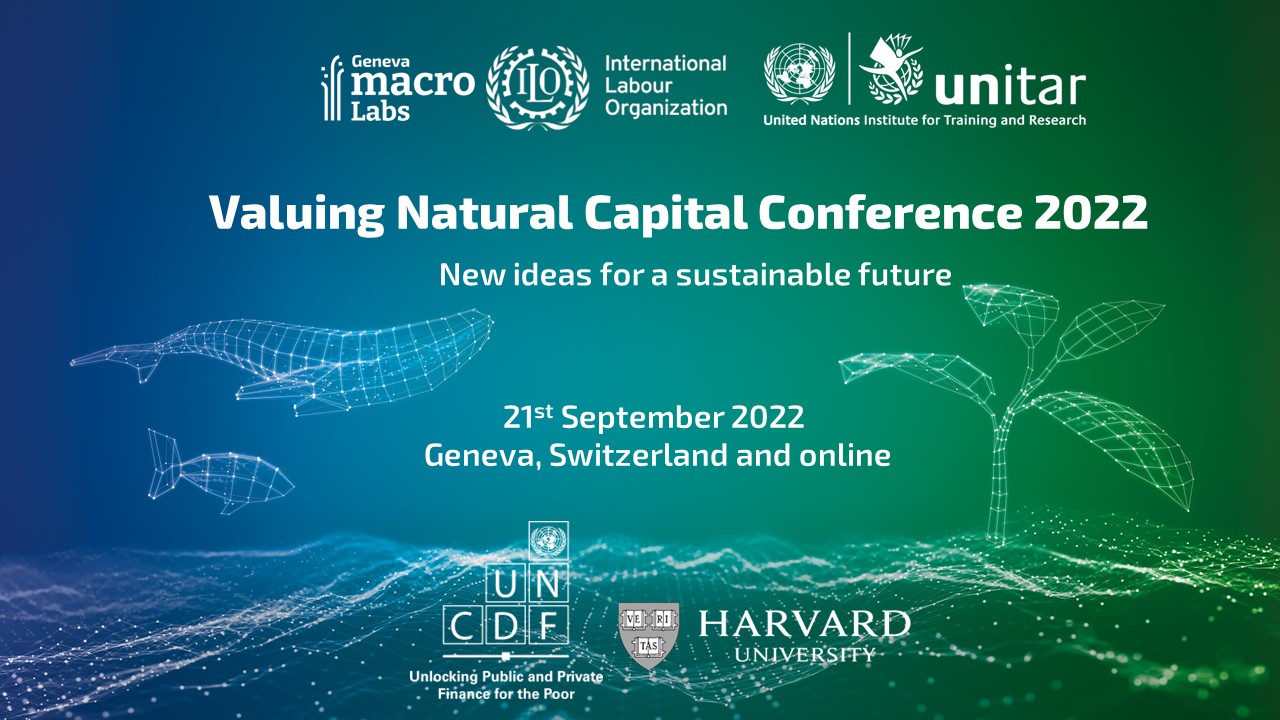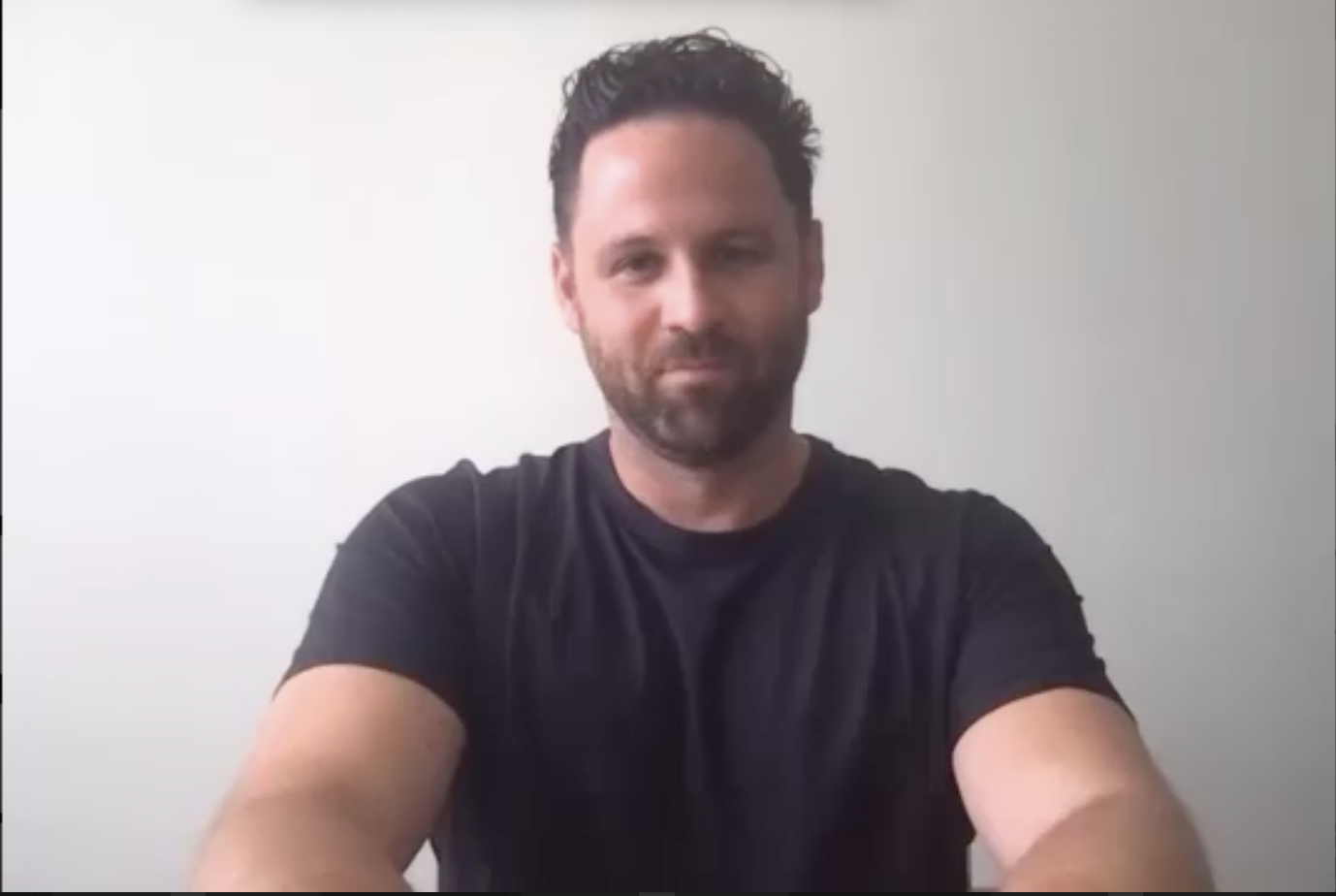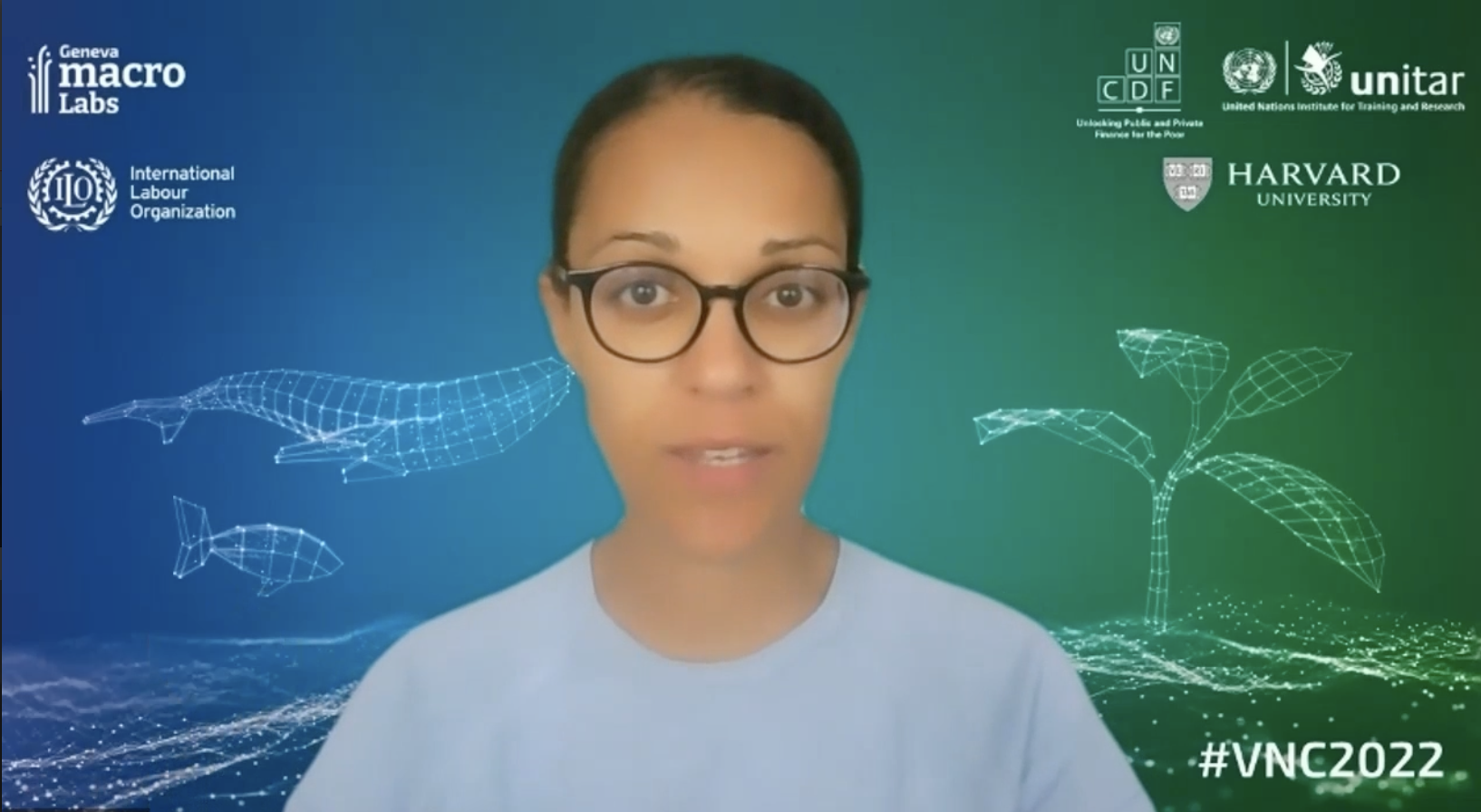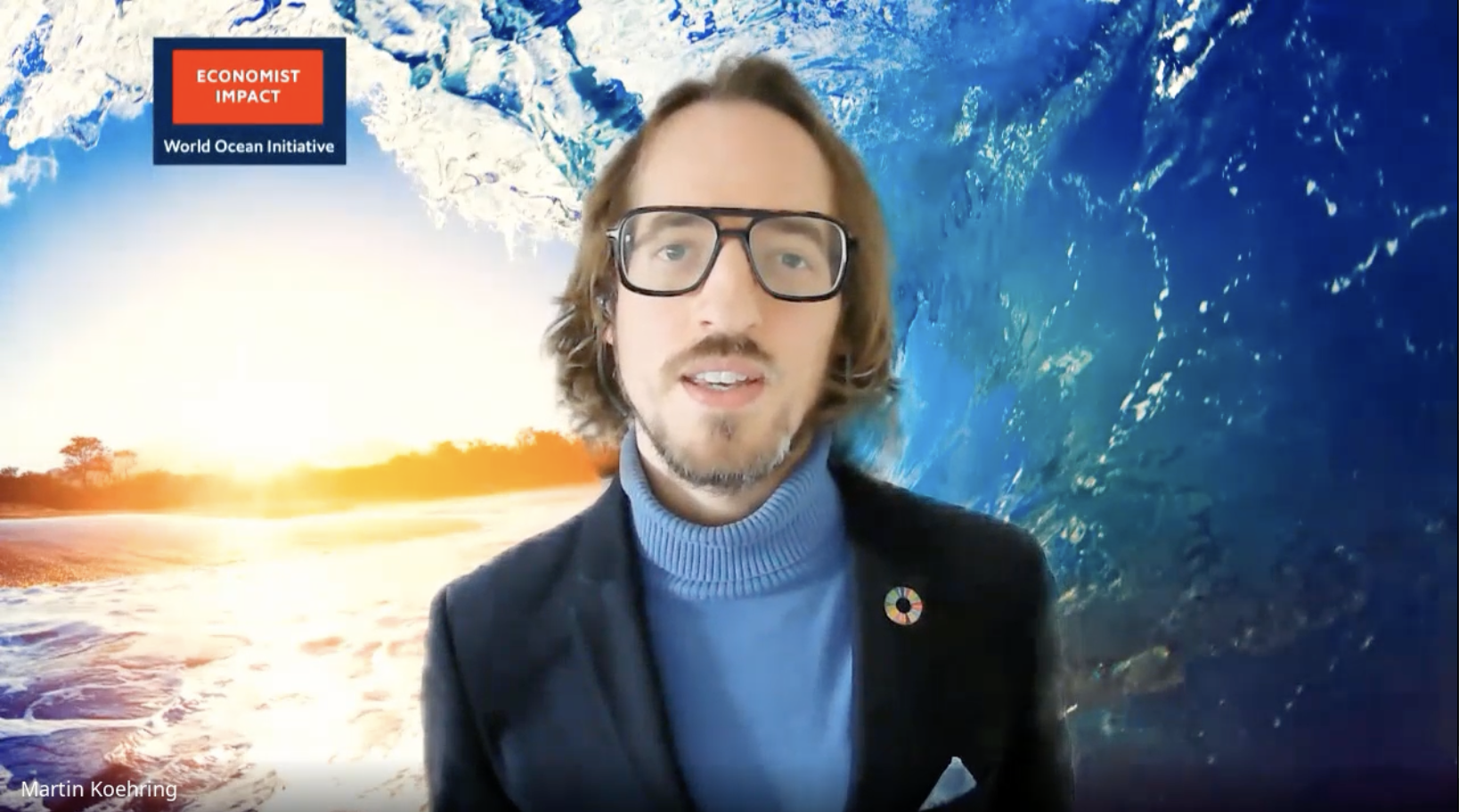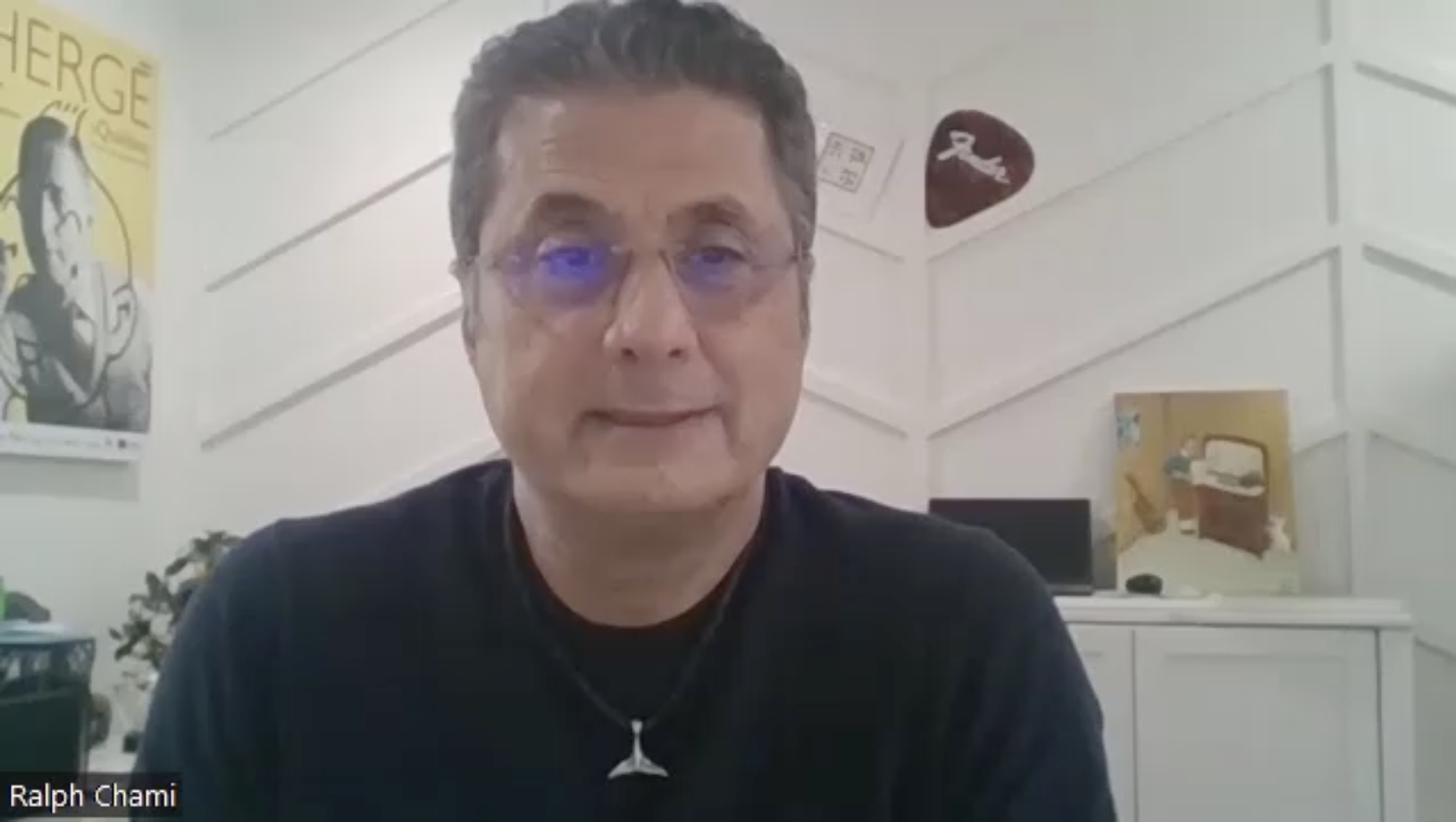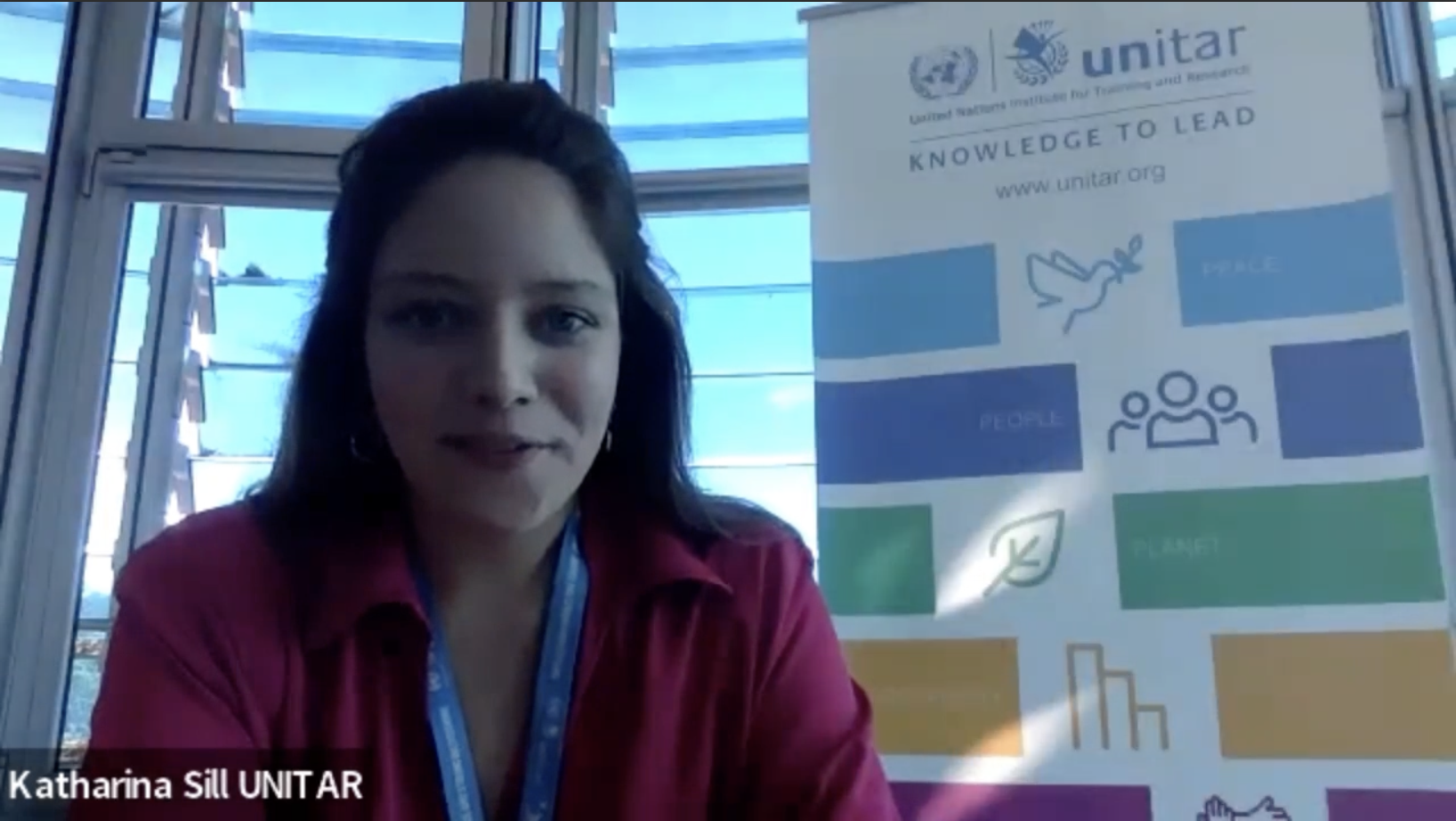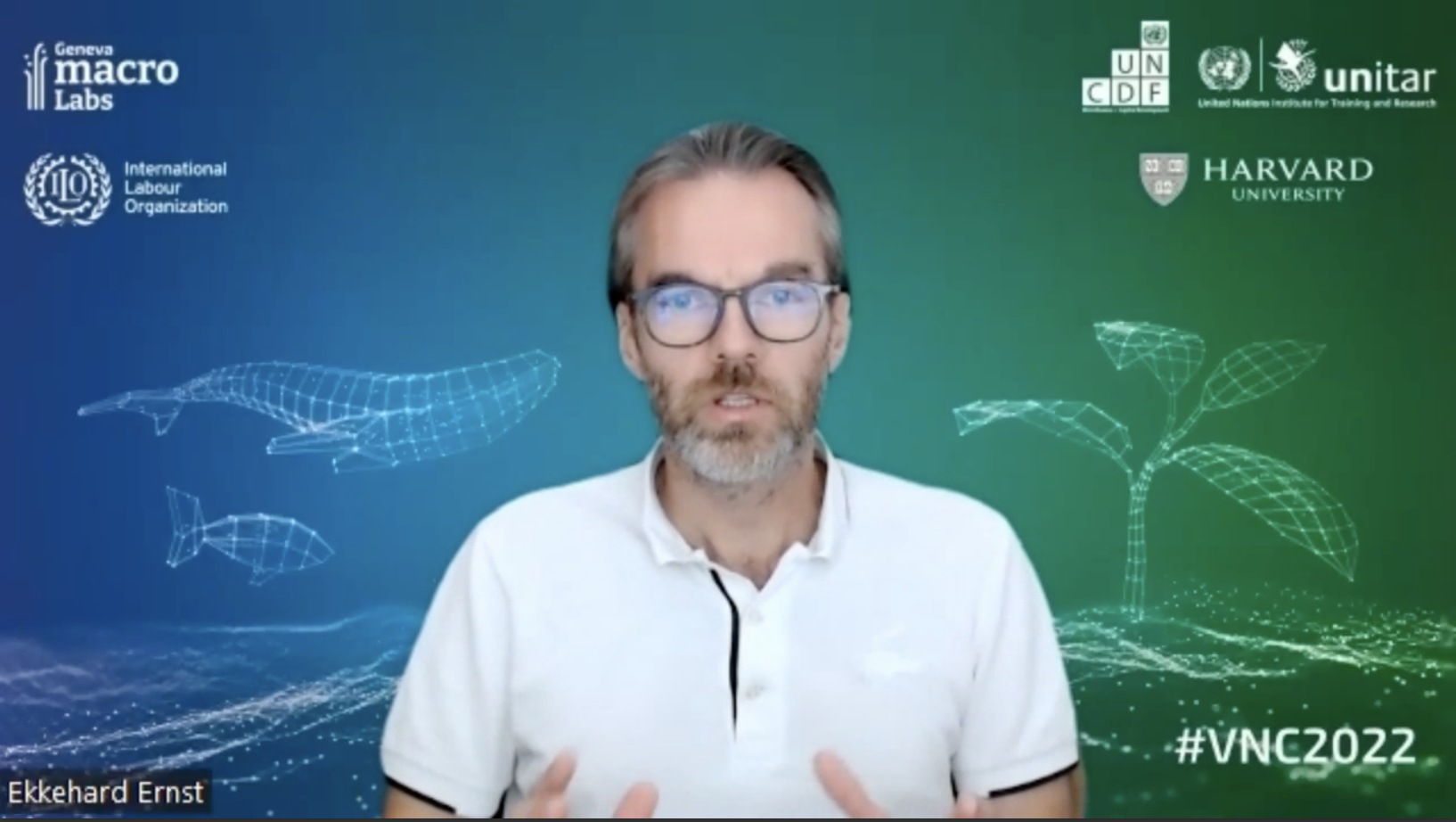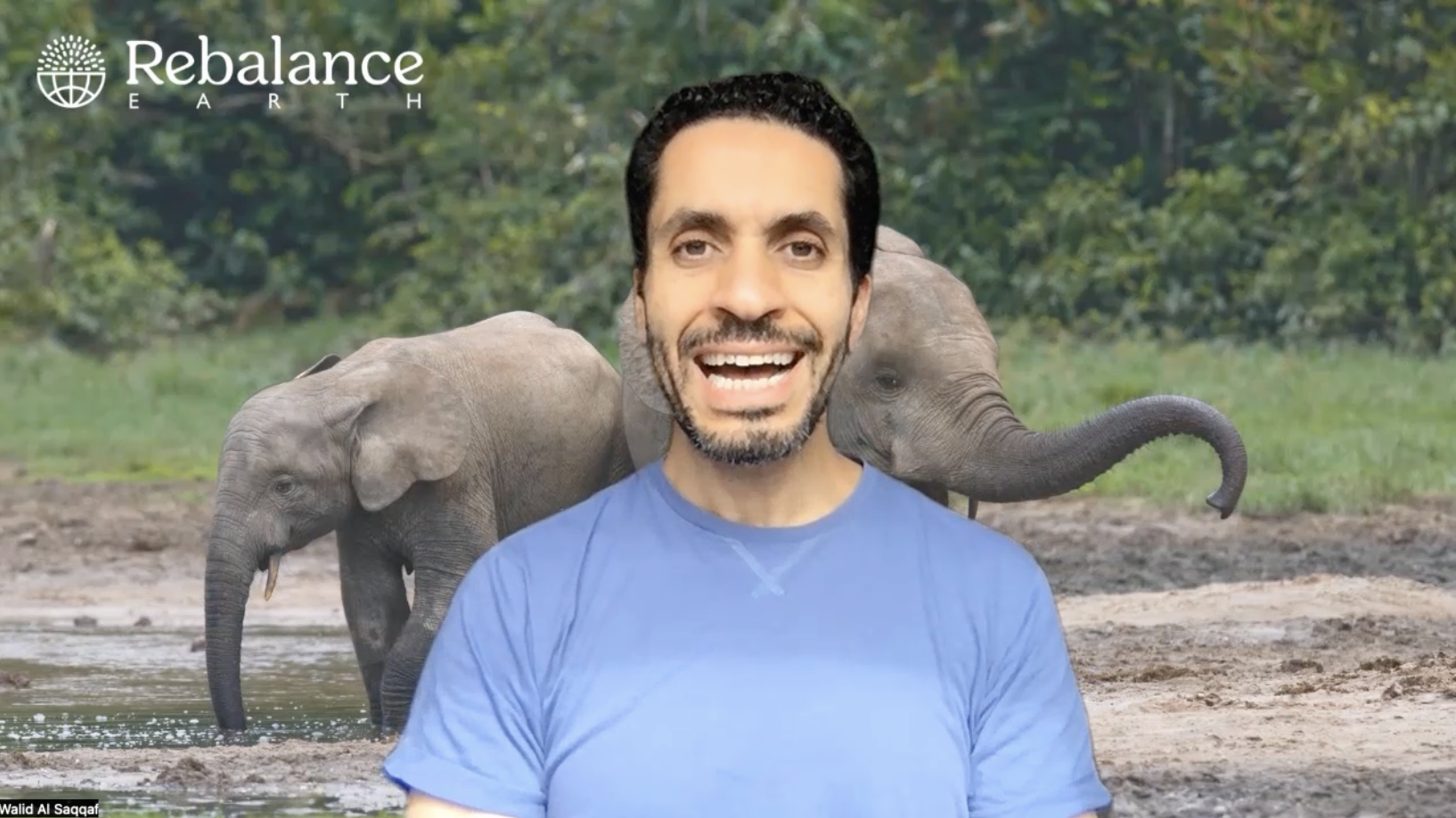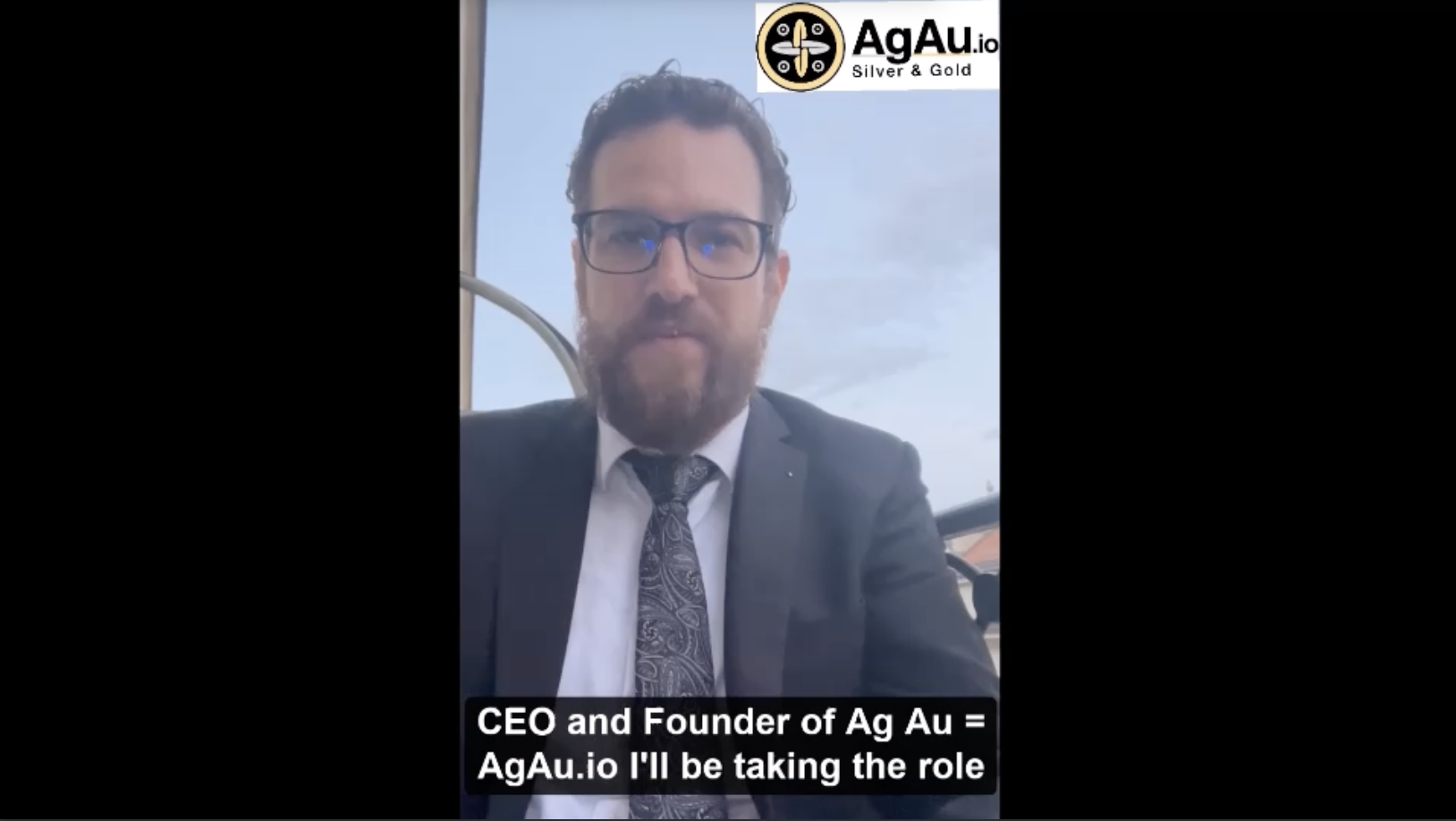Valuing Natural Capital Conference 2022
New ideas for a sustainable future
VNC Solutions Paper
The Geneva Macro Labs Solutions Paper is the summary of our discussions at the VNC2022 Conference with ideas of how to implement new approaches for the preservation of our natural environment.
VNC2022 Conference
The VNC2022 Conference by Geneva Macro Labs focused on nature-based solutions for carbon sinks. It was a call for action to promote tangible and scalable solutions to climate change that can be implemented in close collaboration between private and public partners. There was a special emphasis on the impact of the mitigation of and adaptation to climate change on the workforce as well as the role of the people living in close proximity to natural assets. The one-day hybrid event featured renowned key note speakers, in-depth panel discussions and post-conference training sessions in Geneva and online.


